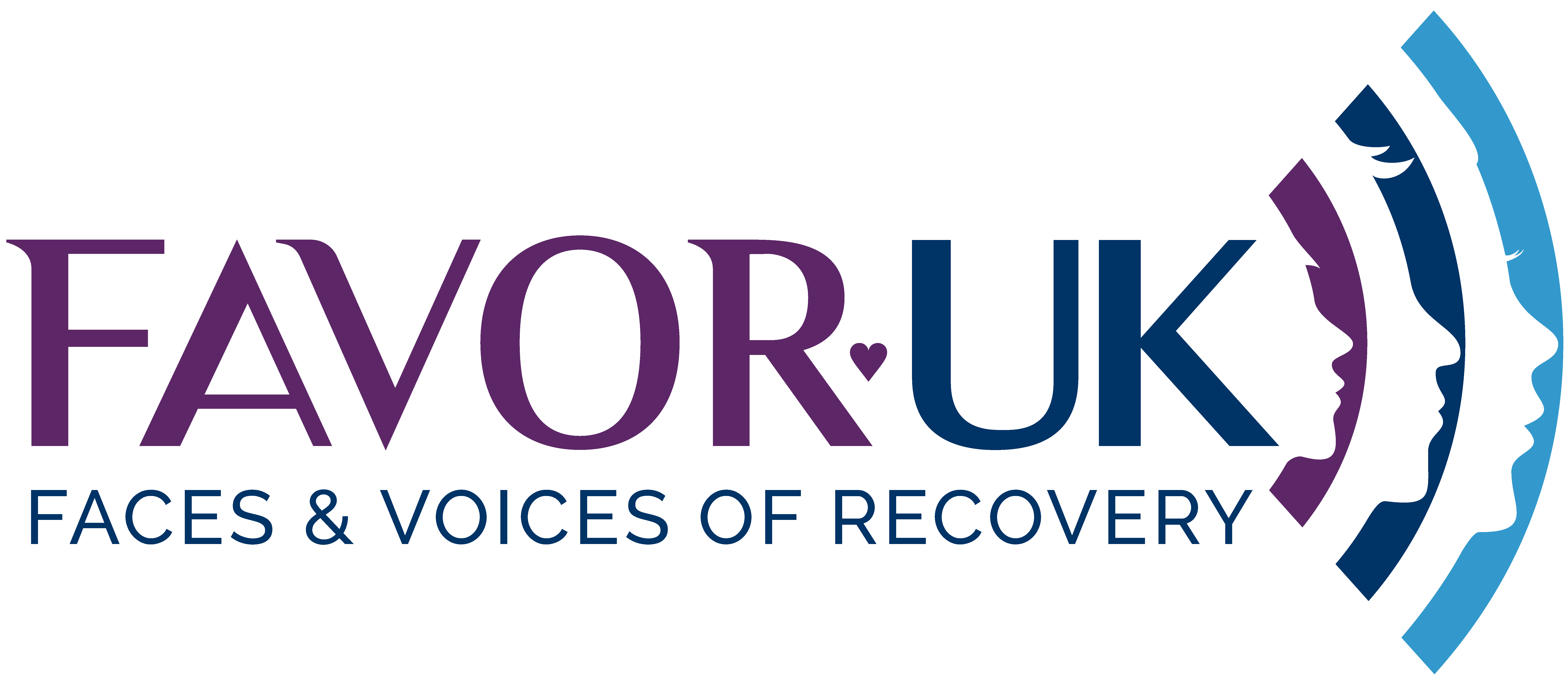Recovery means different things to different people, and everybody’s recovery is different.
Recovery is never out of reach, no matter how hopeless your situation seems. Change is possible with the right treatment and support – even if you’ve tried and failed before. Recovery is about being back in control of your own life. It’s about being able to make choices about how you live and what you do.
There is no right or wrong way to approach recovery; your treatment path may be different to other people’s. Your needs may change with time and different treatments may become more appropriate for you. Starting your recovery journey will be life changing – but also hard work. It will help you gain control back over your life, take ownership of your future, be healthier and more employable.
The process of recovery is highly personal and occurs via many pathways. It may include clinical treatment, medications, faith-based approaches, peer support, family support, self-care, and other approaches. The road to recovery often involves bumps, pitfalls, and setbacks. But getting help and confronting your addiction to alcohol and drug problems in your life – or the lives of those you love – can provide a proven pathway to a healthier and more productive life.
Recovery is possible. In fact, we estimate that over 20 million individuals and families are living life in recovery! Individuals who are “in recovery” know what it means to them and how important it is in their lives.
Treatment is Available
The first step for the addicted person and/or the family members involved, is to acknowledge that there is a dependence or addiction problem. The next step is to get help.
Because alcoholism and drug dependence have so many different dimensions and disrupt so many aspects of an individual’s life, treatment can be complex and challenging. In order for the treatment to work the person with the addiction must want to stop drinking or taking drugs. Nobody can force an addict to stop, they want to have to do it on their own accord. There is no quick fix.
Treatment options for addiction depend on several factors, including what type of substance it is and how it affects the patients. Typically, effective treatment programs incorporate a number of components, aimed at helping the individual to stop using alcohol or drugs, maintain a drug- or alcohol-free lifestyle, and achieve productive functioning in the family, at work, and in society. With its complexities and because addiction is typically a chronic disease, people cannot simply stop using drugs or alcohol for a few days and be cured. Most patients require long-term or repeated episodes of care to achieve the ultimate goal of sustained abstinence and recovery in their lives.
Not the right time?
You may feel that treatment is not right for you now, but please remember:
- Treatment cuts the risks associated with chronic illness and death.
- Treatment boost mental health, physical health and quality of life for you and your family.

